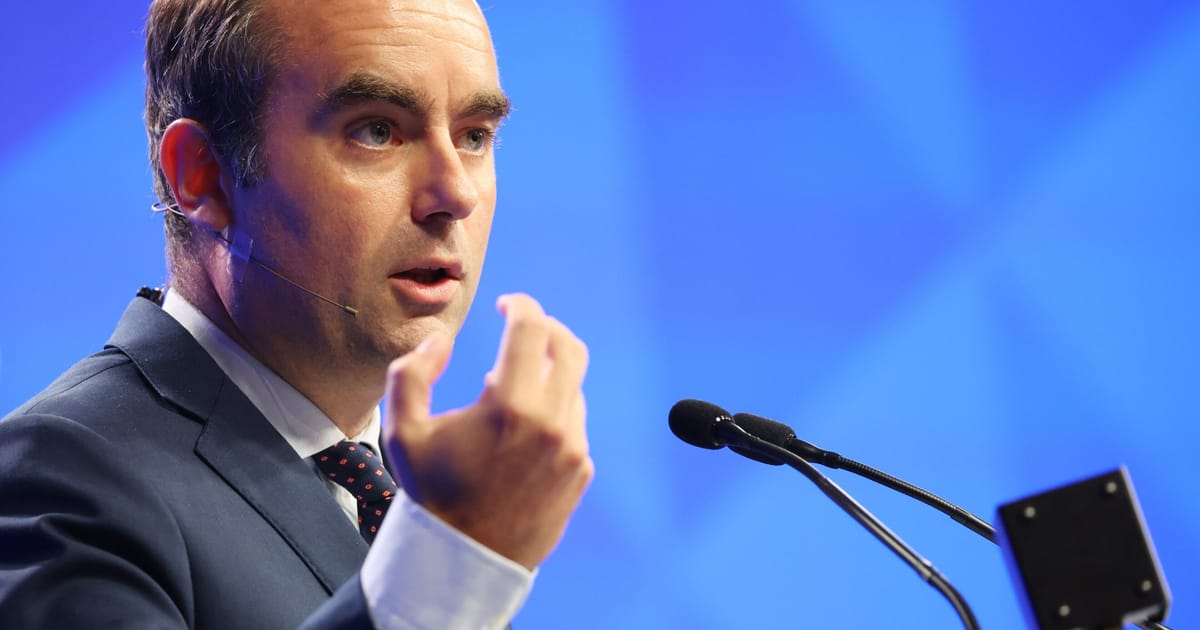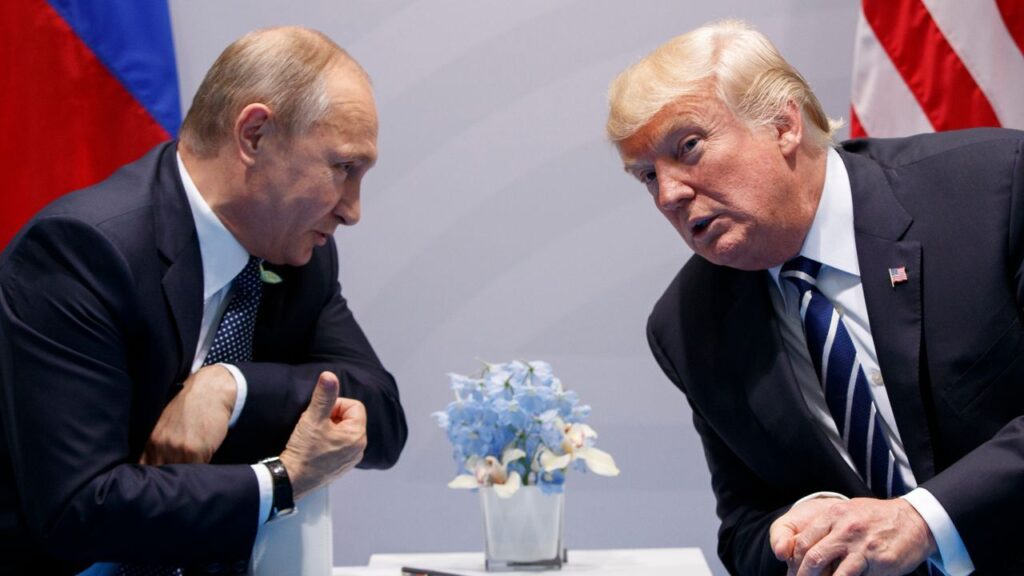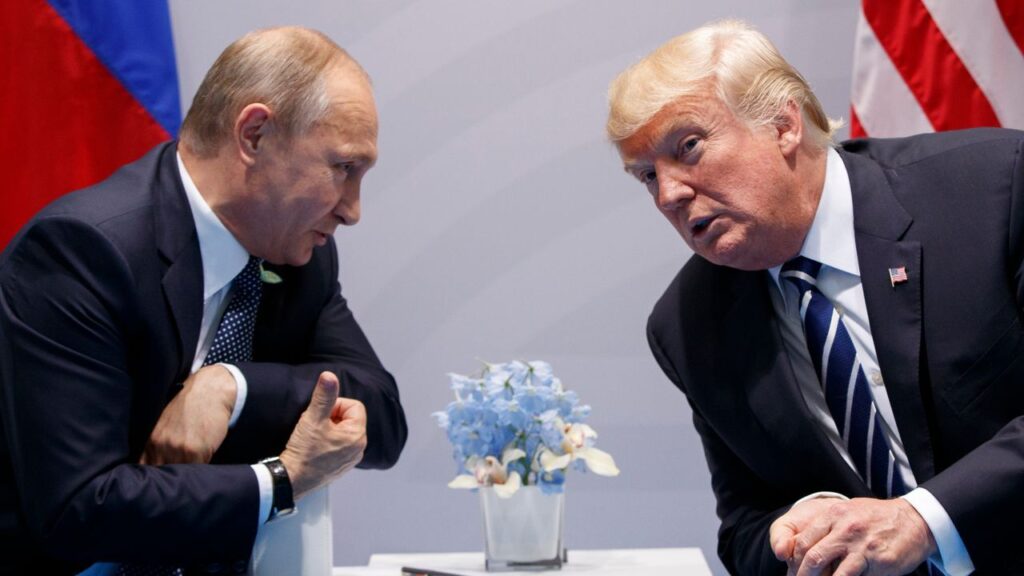 |
| Gold V.1.3.1 signal Telegram Channel (English) |

France’s New Prime Minister Sébastien Lecornu Faces Political Gridlock and Economic Challenges in 2025
2025-09-15 @ 00:00
France’s political landscape has been thrown into sharp relief with the recent appointment of Sébastien Lecornu as the country’s new prime minister. At a time marked by deep public distrust and intense partisan maneuvering, Lecornu’s rise signals both a continuity of President Emmanuel Macron’s centrist ambitions and the urgent need for fresh consensus to break legislative gridlock. For a nation with strict fiscal constraints and growing social tensions, Lecornu’s ability to unite disparate political forces will be closely watched—not only in parliament, but also by financial markets eyeing France’s stability.
Sébastien Lecornu, previously the defense minister, steps into the role as France’s fifth prime minister in just two years. His immediate task is formidable: to restore political credibility and navigate a complex patchwork of opposition from both the right and left, while calming labor unrest and addressing the fallout from last year’s divisive pension reform.
Right now, Lecornu faces intense skepticism. Unions such as the CFDT have responded coolly to any suggestion of reopening pension reform talks, insistent that previous increases in the retirement age be suspended. This reflects a broader weariness across the labor movement, where calls for strikes and protests against budget cuts have already begun to gather steam. France’s left-of-center parties, scarred by what they view as half-measures and broken promises from previous governments, are equally determined not to support another centrist-led budget unless it includes major concessions—particularly on issues like wealth taxation and the scale of spending reductions.
The government is aware that failure to address these concerns could have consequences beyond domestic politics. France remains under close watch from international credit rating agencies and financial markets, especially after a year of what many see as mismanagement at the executive level. With the threat of a ratings downgrade looming, Lecornu’s handling of the upcoming budget is more than a political challenge; it’s a national economic imperative.
Lecornu’s strategy so far has been marked by caution and discretion. Rather than laying out a detailed program from the outset, he has prioritized consultations with political parties, labor unions, and business groups. This low-profile approach is designed to gather input and seek compromise before making public commitments. His first major task is to unify the sprawling centrist coalition—the so-called “common base”—which incorporates Macron’s Renaissance party, Les Républicains (LR), and the MoDem centrists. Without this internal unity, passing any budget would be nearly impossible.
To strengthen support, Lecornu has brought conservative voices into the fold, notably by reconnecting with prominent figures in the LR, including former president Nicolas Sarkozy. Securing LR support is vital, as past confidence votes have revealed deep divisions and a real risk of legislative defections. To prevent leaks and maintain discipline, the Prime Minister’s office has also tightened control on party messaging and coordinated closely with coalition spokespeople.
Beyond the core coalition, Lecornu also needs to win over or at least neutralize labor and business leaders. Invitations for meetings have been extended with the goal of easing tensions and preventing strikes that could disrupt both economic activity and political negotiations. So far, trade unions remain suspicious; a nationwide strike in protest of proposed budget cuts is already in motion.
Engagement with the political left is another pillar of Lecornu’s approach. The Socialists, in particular, are preparing their own alternative budget, pushing for reduced austerity and advocating for a “Zucman tax” on large fortunes—a move certain to draw resistance from the center and right. Any overtures to the left will need to navigate the balance between appeasing Macron’s base and accommodating demands for more progressive reforms.
Lecornu’s ultimate goal is to present a government policy statement in early October. The run-up to this address will be crucial, as he seeks to convert consultations into real commitments and legislative backing. The challenge is compounded by threats from both ends of the political spectrum: the left has hinted at no-confidence motions unless their demands are met, while the far-right Rassemblement National is waiting for any opening to force an early election.
France’s new prime minister enters office at a time of economic uncertainty, legislative stalemate, and societal agitation. His ability to broker compromise across entrenched divides—without alienating core constituencies or spooking international markets—will determine not only the fate of his government, but also the broader stability of the Macron project. For investors, policymakers, and the French public, Lecornu’s cautious but strategic approach in these opening weeks will offer an early test of whether consensus and credibility can be restored at the heart of French governance.




